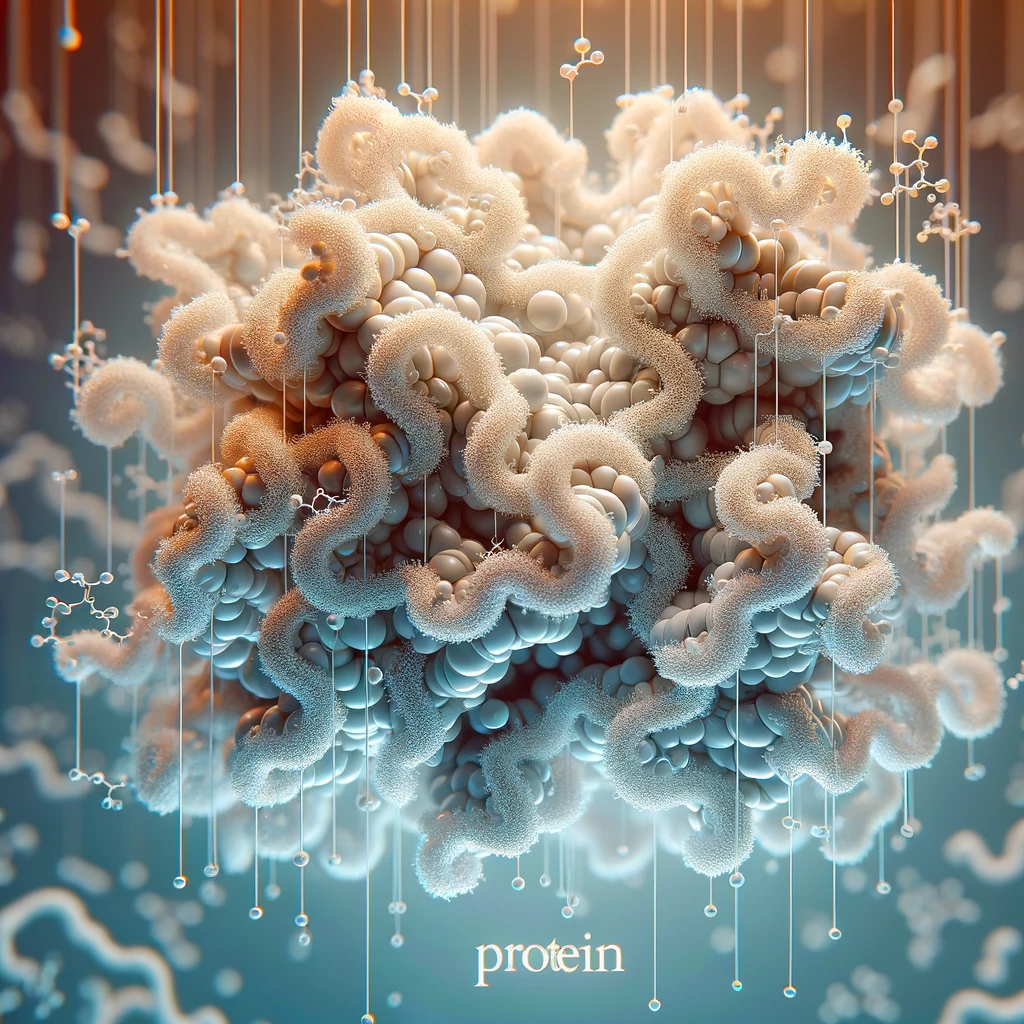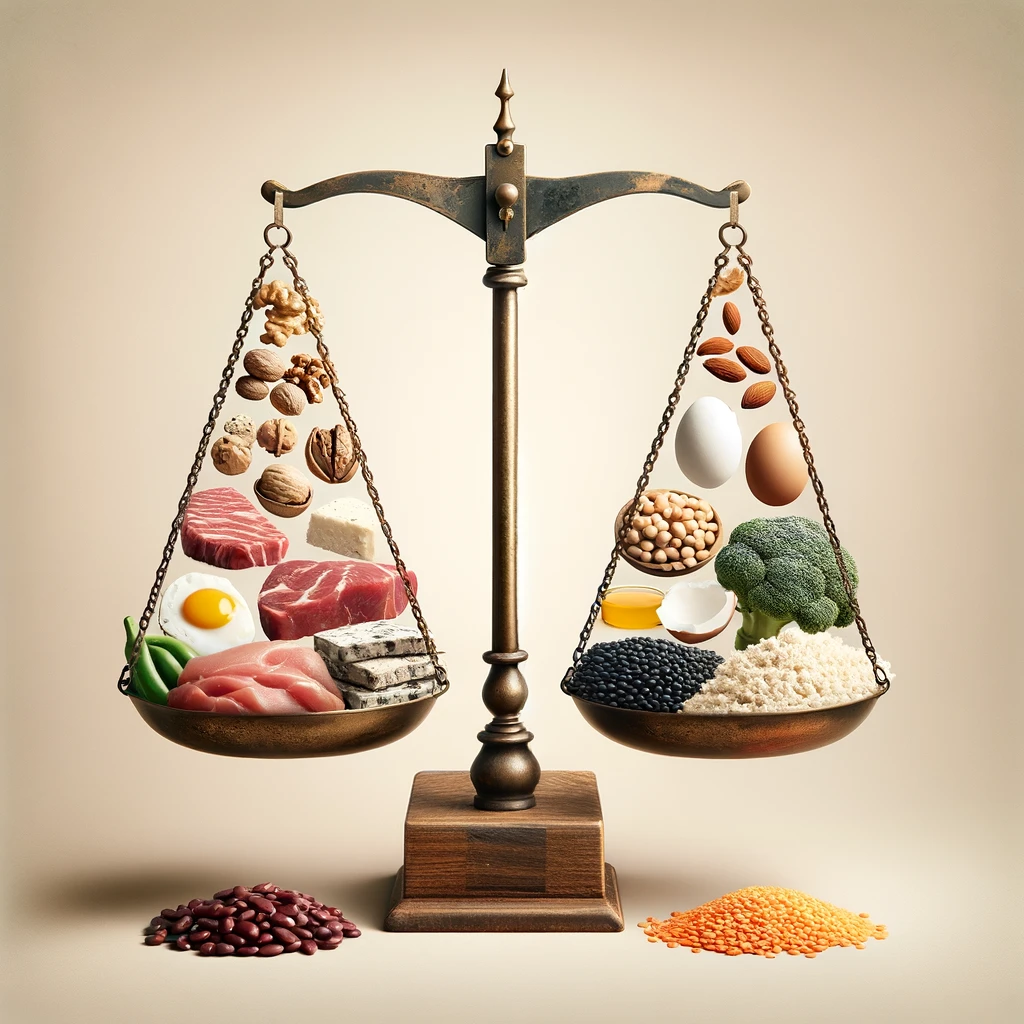In today’s fast-paced world, the significance of a balanced diet remains paramount, and at the heart of this dietary balance is the indispensable macronutrient – protein. A vital building block of bones, muscles, cartilage, skin, and blood, protein goes beyond mere nourishment; it’s a cornerstone of life. But with the plethora of dietary choices available, a pressing question emerges: which is the superior protein source, animal or plant? And does it truly matter?
The Indispensable Need for Daily Protein
Protein, composed of amino acids, is crucial for repairing body cells, building and repairing muscles, and maintaining a healthy immune system. The body’s relentless cycle of breaking down and regenerating cells means that daily protein intake isn’t just beneficial; it’s essential. The absence of sufficient protein in one’s diet can lead to muscle atrophy, impaired immunity, and a myriad of other health complications.

Animal vs. Plant Protein: A Nutritional Showdown
When it comes to the source of protein, the debate often pivots around two primary contenders: animal and plant-based proteins.
Animal proteins, derived from meat, fish, eggs, and dairy products, are renowned for being ‘complete proteins.’ This means they contain all nine essential amino acids necessary for the human body to function optimally. They are also rich in vitamin B12 and D, omega-3 fatty acids, iron, and zinc. However, it’s crucial to consider the health implications associated with processed meats and high saturated fat content found in certain cuts of meat.
On the flip side, plant proteins come from sources like beans, lentils, nuts, tofu, and whole grains. While most plant proteins are ‘incomplete,’ lacking one or more essential amino acids, this can be easily circumvented by consuming a diverse range of plant-based foods. The undeniable allure of plant protein lies in its package – often accompanied by fiber, antioxidants, and minimal saturated fats.
Does the Source of Protein Really Matter?
The debate between animal and plant protein sources isn’t just about nutritional content; it’s also about personal health, environmental sustainability, ethical considerations, and lifestyle choices. For those with dietary restrictions or ethical concerns, plant-based proteins offer a viable and sustainable alternative. Furthermore, the environmental footprint of plant-based protein is significantly lower than that of animal protein, contributing to a more sustainable future for our planet.
However, it’s imperative to recognize that the quality and absorption of protein are influenced by the source. Animal proteins are more similar to the protein found in our own bodies, hence are used more efficiently. Yet, this doesn’t diminish the value of plant proteins, which can also meet our nutritional needs when consumed in a varied and balanced diet.
A Balanced Approach for Optimal Health
In the grand scheme of things, the choice between animal and plant protein should hinge on a holistic consideration of one’s health, environmental impact, and ethical beliefs. A balanced diet that incorporates a diverse array of protein sources is likely the golden path to optimal health and well-being. Whether you choose to lean towards animal or plant-based proteins, the key is to ensure that your diet is varied, balanced, and aligns with your lifestyle and values.
As we navigate through the complexities of dietary choices, let’s remember that the quest for the perfect protein source is not just about feeding our bodies; it’s about nourishing our existence on this planet. After all, the essence of life lies in balance, and our dietary choices reflect our commitment to living harmoniously within our bodies and with the world around us.

Outstanding feature
Excellent write-up